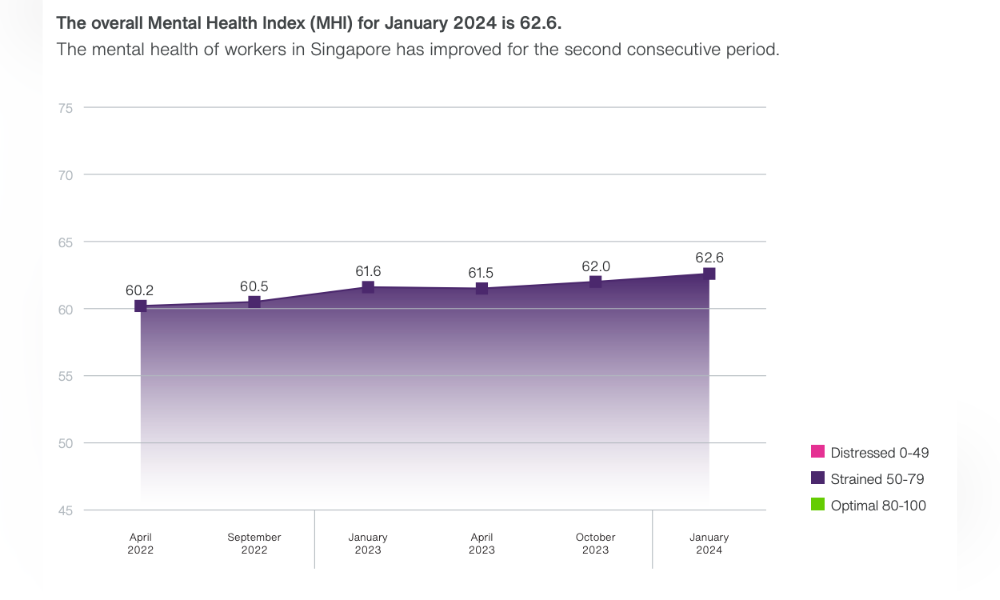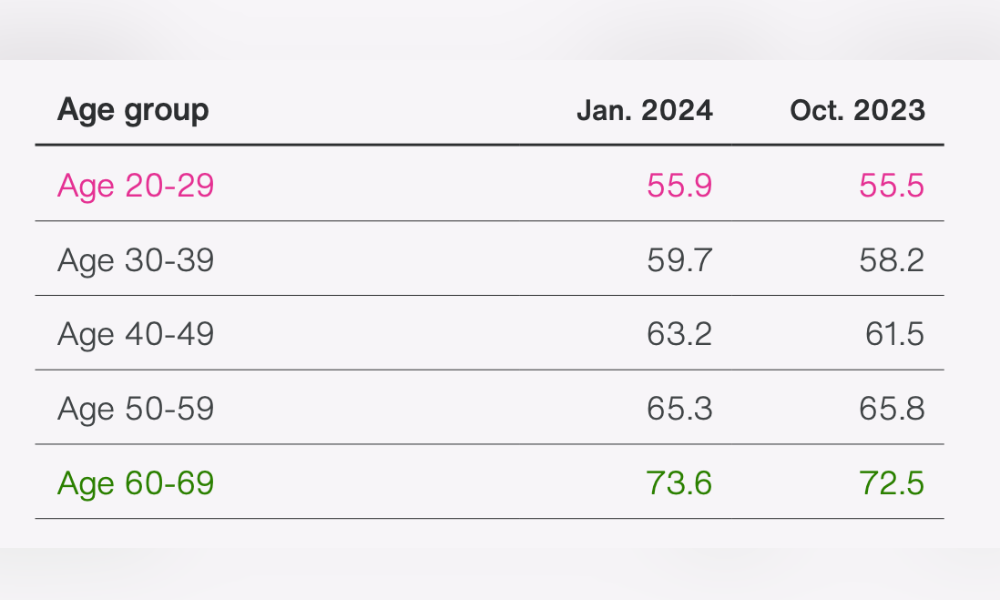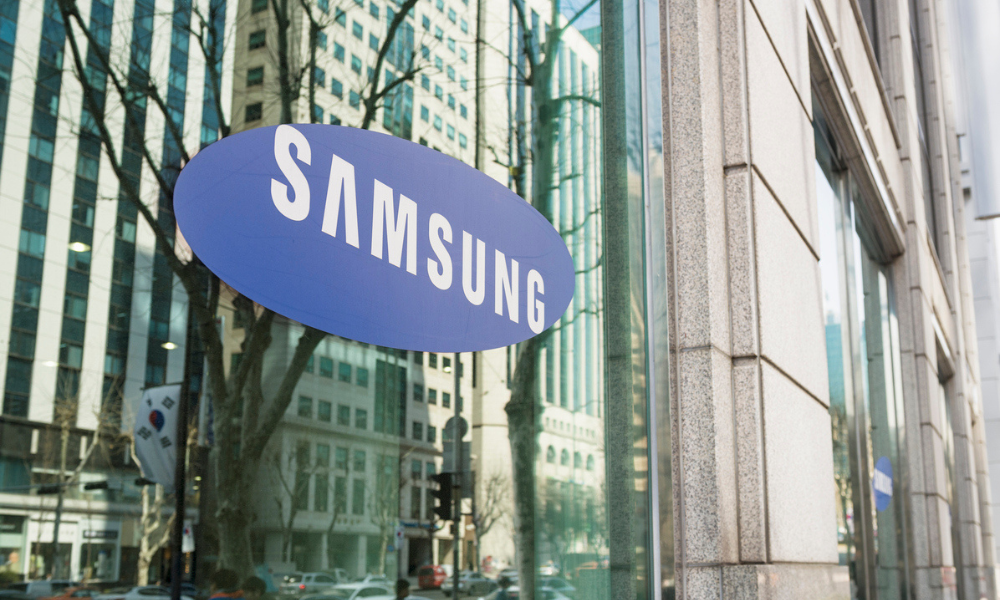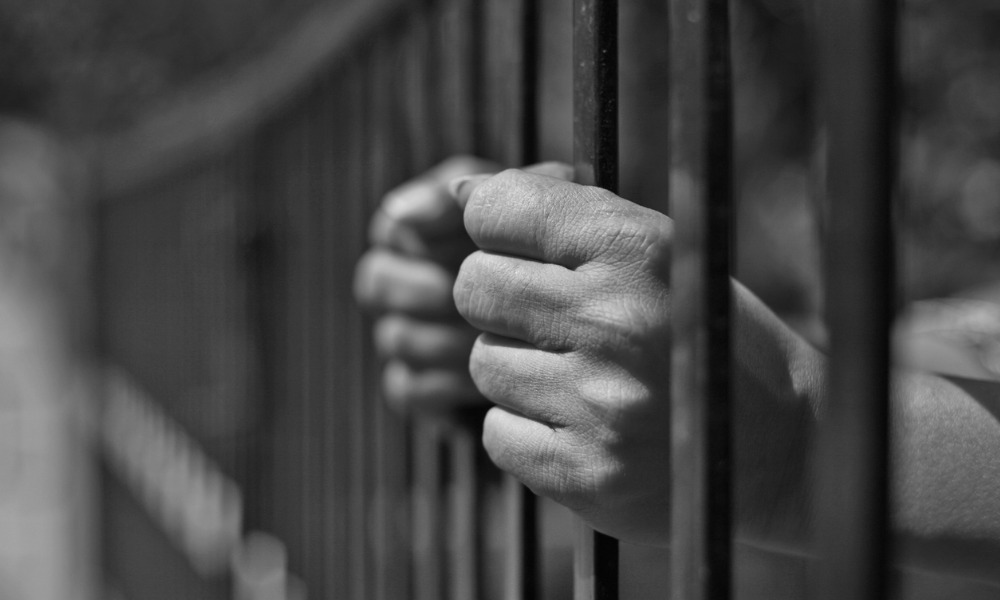New report raises concerns about isolation amid lack of trust at work

Singapore's workforce is at risk of isolation as a new report finds that more than half of employees in the city-state do not have trusted workplace relationships.
The TELUS Mental Health Index revealed that 55% of employees in Singapore lack trusted workplace relationships. Notably, workers under 40 are 50% more prone to experiencing this lack in trust within the workplace.
According to the report, employees who don't have trusted workplace relationships are "more than four times as likely" to report feelings of isolation than those who have someone they can trust.
Loneliness a ‘global threat’ at work
Haider Amir, Director, Asia at TELUS Health, warned that loneliness is a "global threat" mental health and wellbeing.
"When workers experience isolation and loneliness, the effects ripple through the workplace," Amir said in a statement. "Without reliable connections and a supportive environment where individuals can authentically express themselves, challenges inevitably arise."
The World Health Organisation previously noted that social isolation and loneliness are increasingly getting recognised as a priority public health problem. According to the WHO, these issues have a "serious impact on physical and mental health, quality of life, and longevity."
"It is imperative to proactively address the detrimental effects of isolation and loneliness on employee health and productivity, as doing so not only enhances wellbeing but also yields financial benefits for employers," Amir said.
Mental health scores in Singapore
The findings come as mental health workers across Singapore remain strained at 62.6 in January 2024, despite improving since October 2023.

Source: TELUS Mental Health Index
According to the index, 36% of employees have a high mental health risk, 46% have a moderate mental health risk, and 18% have a low mental health risk.
By gender, women had a lower mental health score of 62.4 than men, who had 62.8.
By age, those aged between 20 and 29 reported the lowest mental health score across groups with 55.9, while employees aged between 60 and 69 reported the highest with 73.6.
Mental health scores across age groups

Source: TELUS Mental Health Index
Paula Allen, Global Leader, Research & Client Insights, TELUS Health, attributed younger workers' lower mental health score to rapid societal changes and diminishing social support.
She also noted that inflation, housing affordability, job loss risks are "clear stressors" for an age group who are just starting with their careers and typically have less financial stability.
"The Index findings reflect a concerning reality, in particular for our younger workers," Allen said in a statement. "Organisations can help by focusing on building a culture of trust, which counters isolation, and highlighting their health, personal and financial programs, which offer crucial support."







